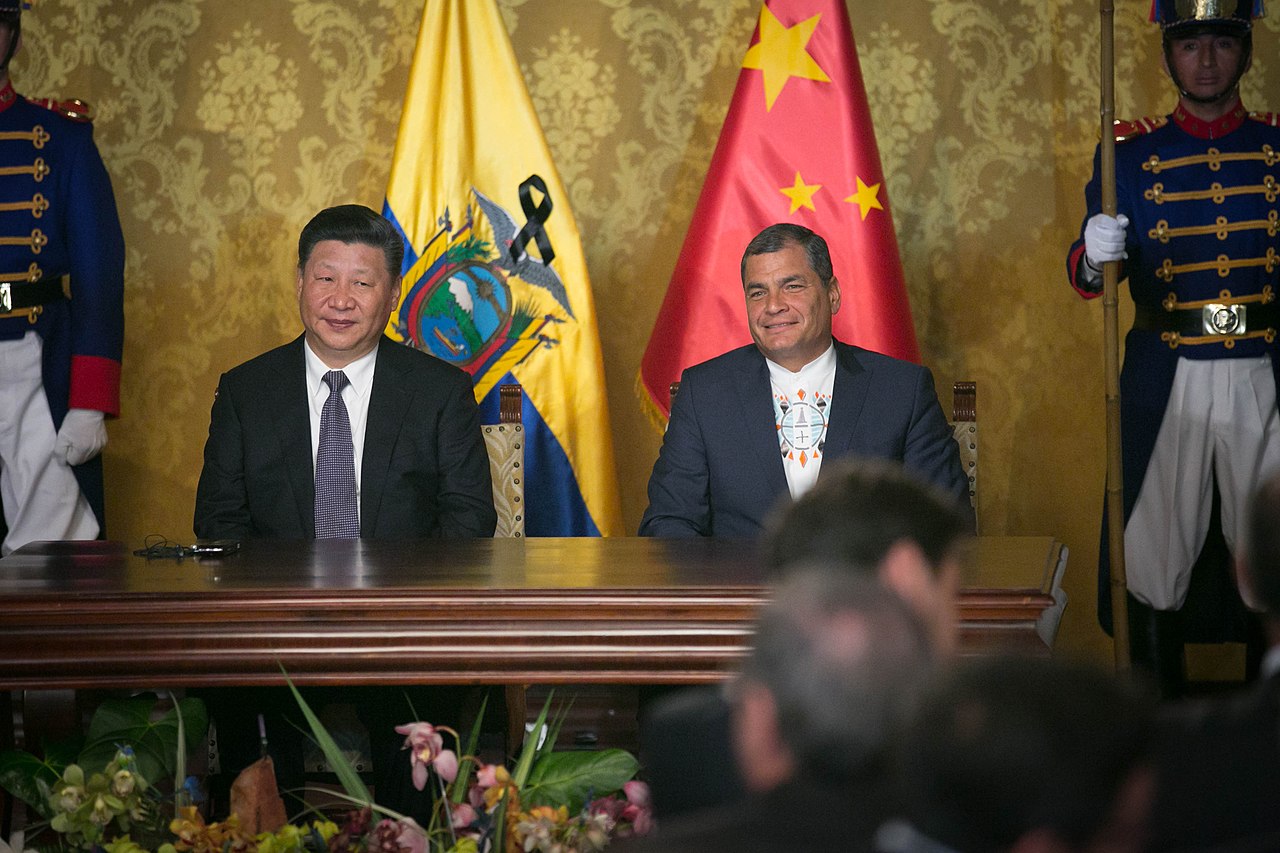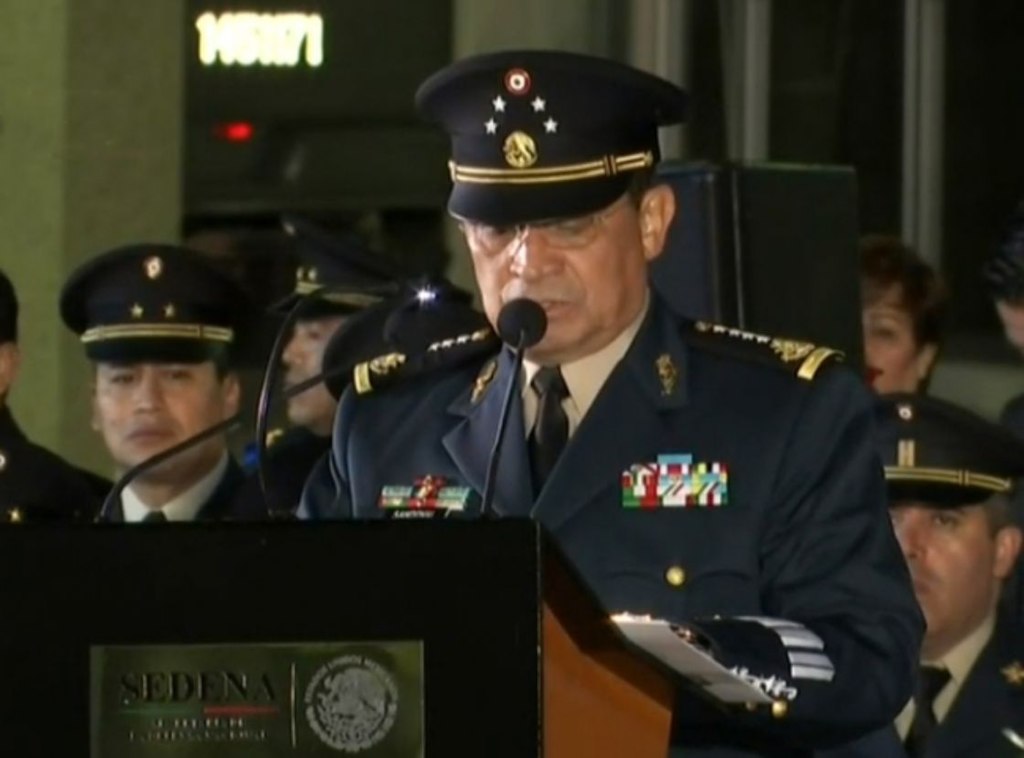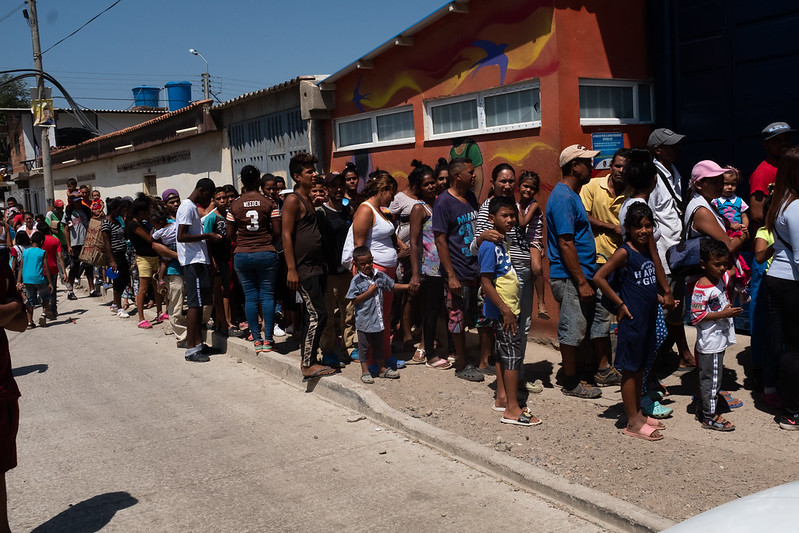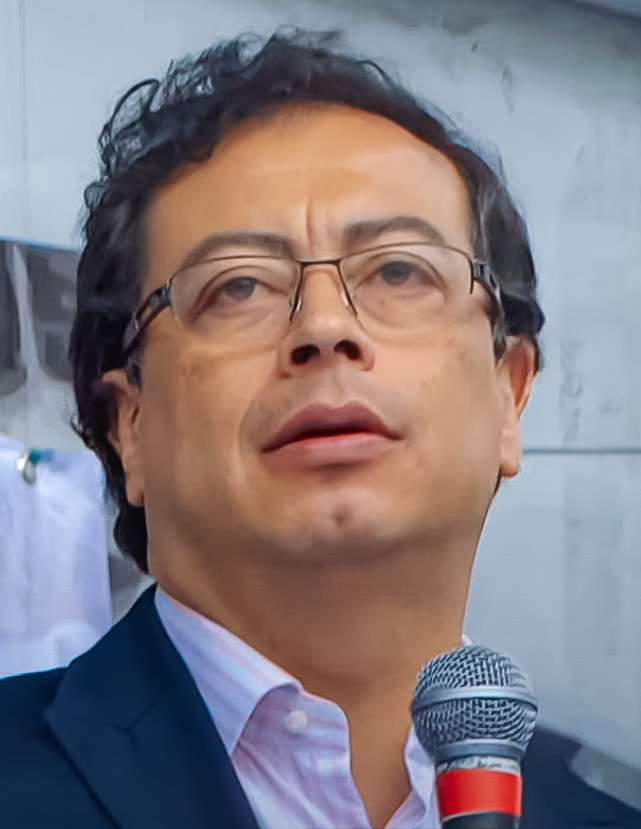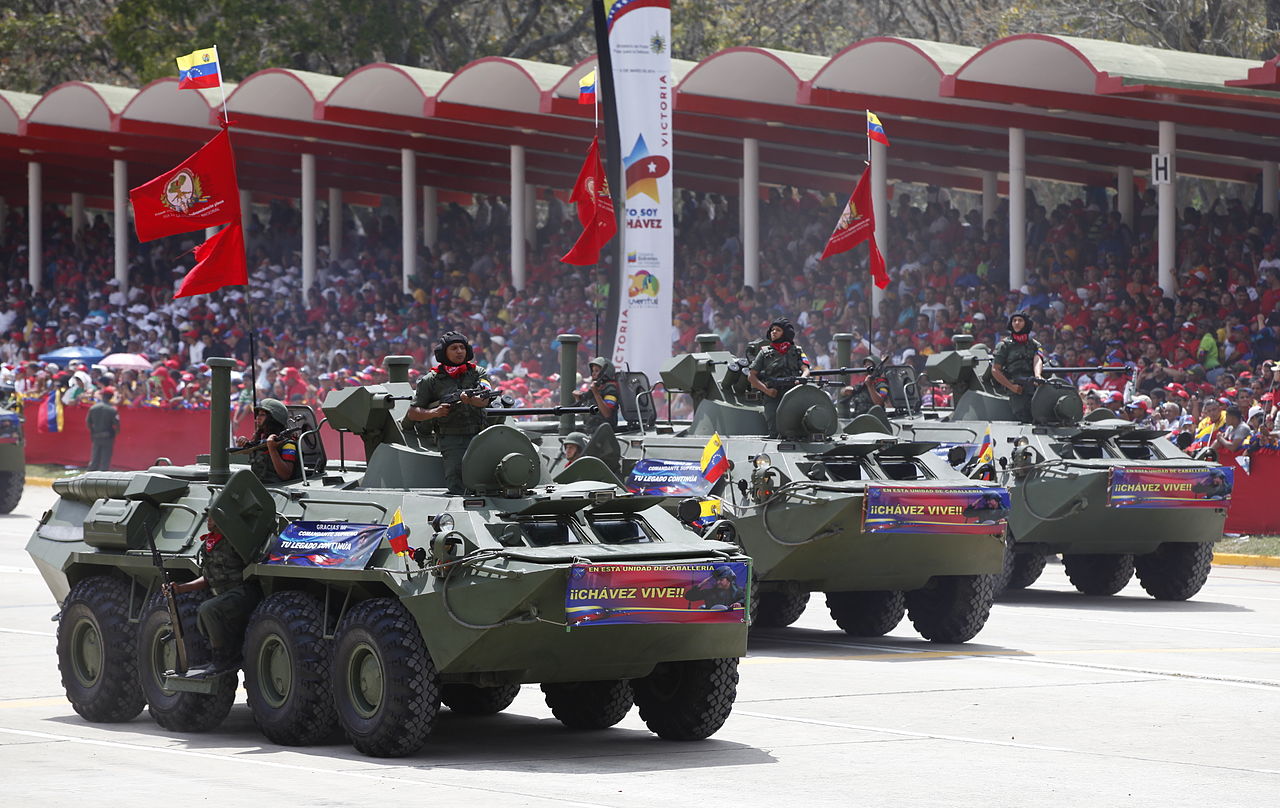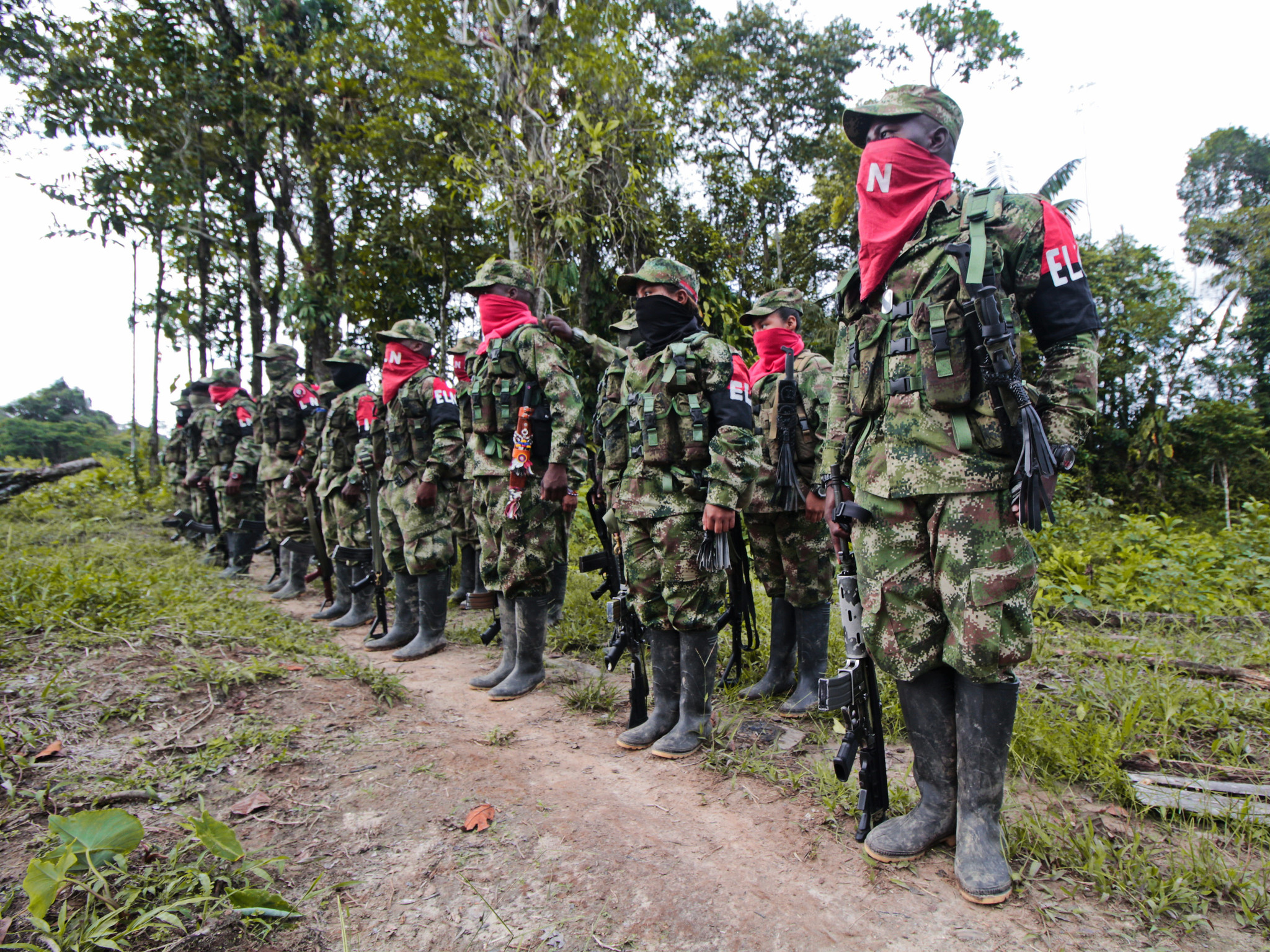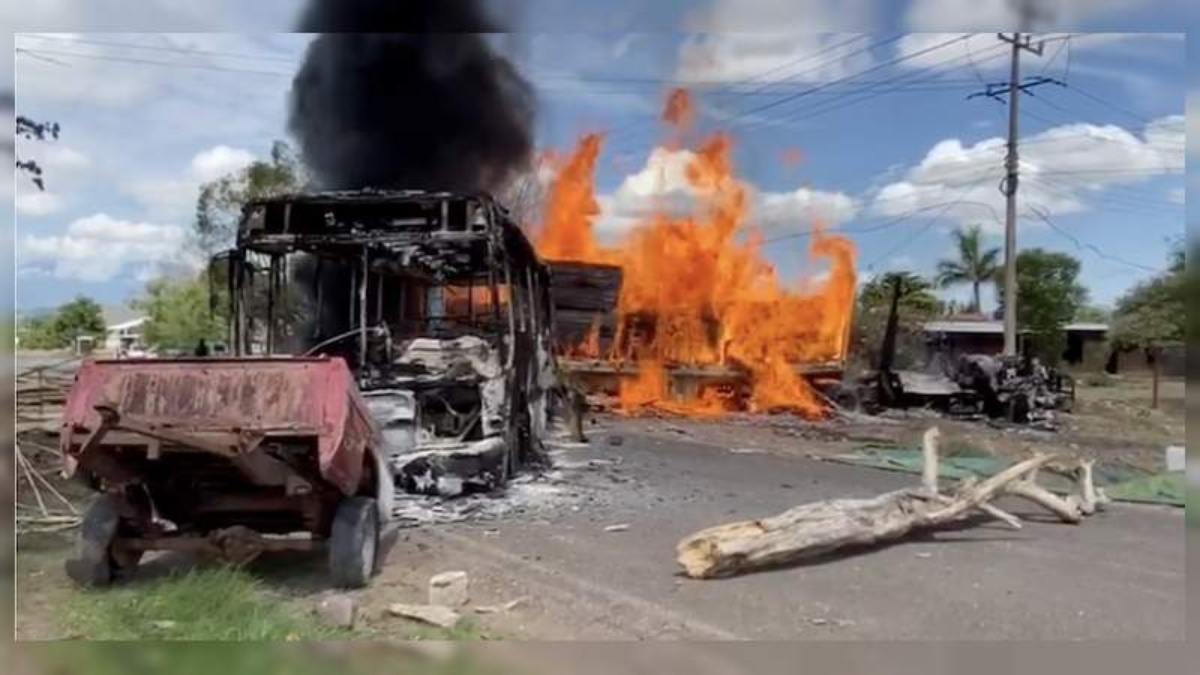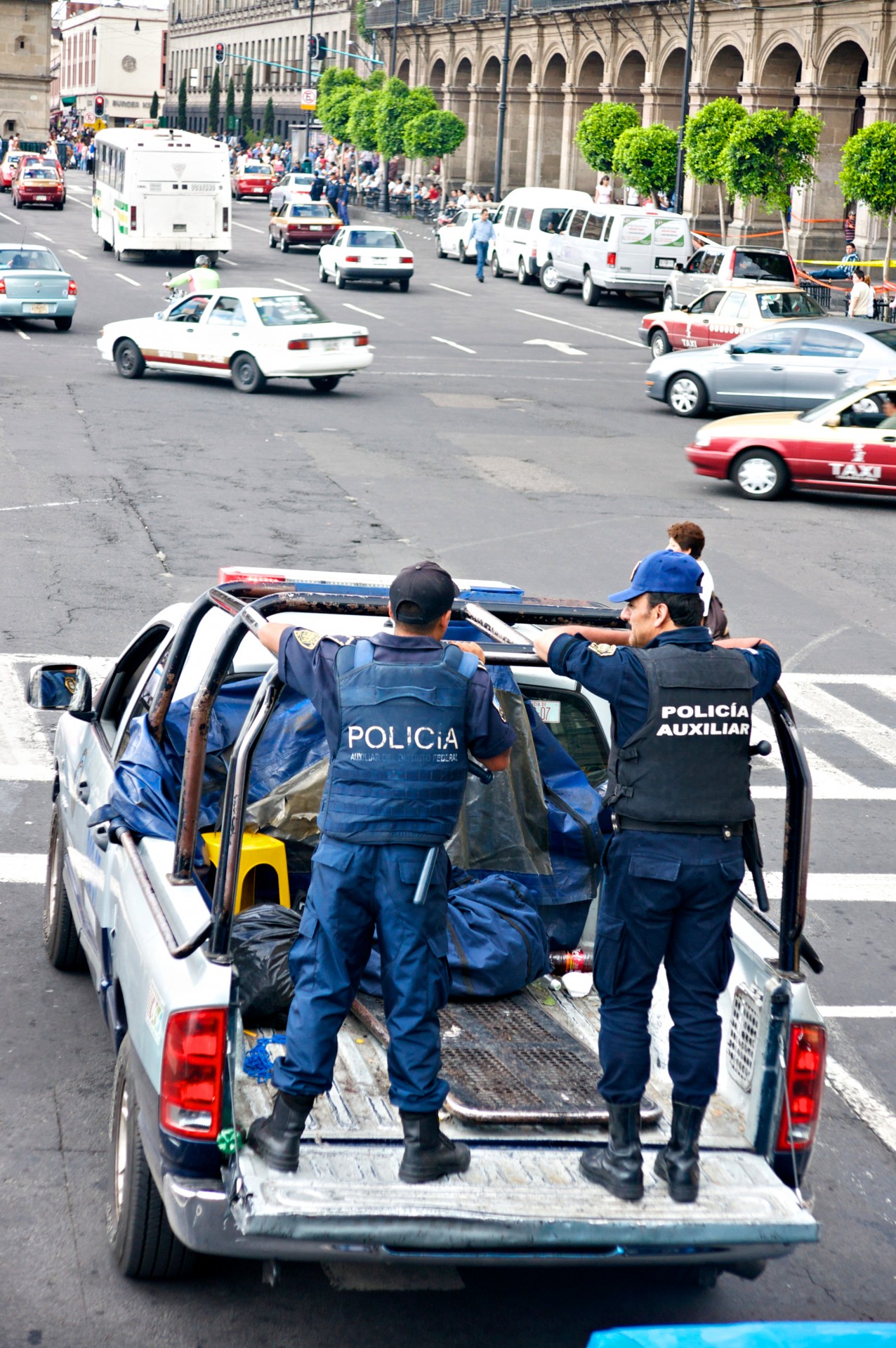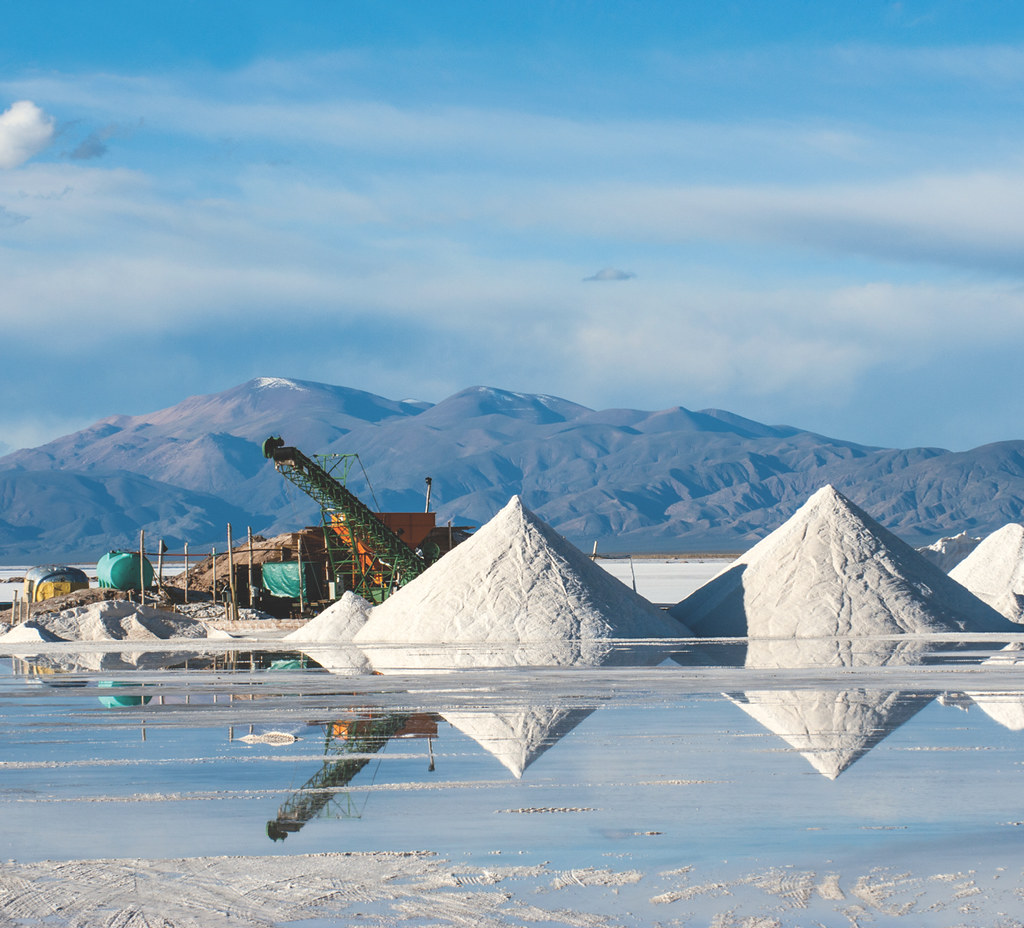
Lithium mines in Jujuy Province, Argentina.
“China’s consumption of lithium accounted for 65 percent in the global lithium market, driven partly by the fast-developing new-energy vehicle sector and the energy storage industry, along with the country’s carbon emissions reduction goals.”
The price of lithium, a key ingredient in battery technology, has skyrocketed amid the rush for critical minerals. Lithium can be found in abundance throughout South America’s so-called “Lithium Triangle,” which comprises Argentina, Bolivia, and Chile and contains approximately 55 percent of the world’s known lithium deposits.[i] Mexico also has known lithium deposits. Collectively, Latin America’s lithium reserves has attracted global attention, especially from China. According to the first excerpted article from China’s state-run Global Times, Chile’s Consul General in Chengdu vowed to increase the country’s cooperation with China to stabilize the global supply and price of lithium. In Mexico’s case, President Andrés Manuel López Obrador has sought to nationalize the metal known as “white gold.” According to the second excerpted article from privately held popular media outlet Radio Formúla, a new state company called Lithium for Mexico will control the metal in Mexico, demanding foreign partners to enter joint ventures and junior partnerships. The article reports that only one company has received a unique exception to this rule—China’s Ganfeng Lithium. Mexico’s government justifies this exception on the basis that Ganfeng had an existing agreement to control lithium at the Bacanora site before the mineral’s nationalization. These developments demonstrate China’s advances in Latin America with respect to its critical minerals strategy, as well as the success of its economic diplomacy in achieving carveouts for its companies.
Sources:
“Chile vows to enhance cooperation with China in lithium sector,” Global Times (state-owned media outlet under the auspices of the People’s Daily), 9 November 2022. https://www.globaltimes.cn/page/202211/1279134.shtml
Chile’s consul general in Chengdu…Gustavo Díaz Hidalgo, on Wednesday vowed to further enhance cooperation with China in the lithium sector, in a bid to stabilize the global supply of the vital mineral for making batteries…Díaz predicted that the global demand for lithium each year would surpass 1 million tons by 2025, crossing 2.5 million tons by 2030.
The consul general said that China’s consumption of lithium accounted for 65 percent in the global lithium market, driven partly by the fast-developing new-energy vehicle sector and the energy storage industry, along with the country’s carbon emissions reduction goals.
“Litio para México: Empresa estatal lo explotará en exclusiva…salvo una excepción china (Lithium for Mexico: State company will exploit it exclusively…with one Chinese exception),” Radio Formúla (a popular outlet owned by the large media conglomerate Grupo Formúla), 24 August 2022. https://www.radioformula.com.mx/economia/2022/8/24/litio-para-mexico-empresa-estatal-lo-explotara-en-exclusiva-salvo-una-excepcion-china-728919.html
The Secretary of Energy, Rocío Nahle, explained that the current concession for exploration and exploitation of lithium at the hands of a private company will be maintained… Although concessions will no longer be granted to explore and exploit the mineral…the only one in force for exploitation before the reform to the Mining Law, in the hands of an Asian company, will remain in force.
Notes:
[i] For more information on U.S. opportunities in the Lithium Triangle and how the United States might effectively compete, see: Ryan C. Berg and T. Andrew Sady-Kennedy, “South America’s Lithium Triangle: Opportunities for the Biden administration,” 17 August 2021. https://www.csis.org/analysis/south-americas-lithium-triangle-opportunities-biden-administration
Image Information:
Image: Lithium mines in Jujuy Province, Argentina.
Source: https://www.flickr.com/photos/earthworks/47617675391
Attribution: CC BY-NC 2.0

